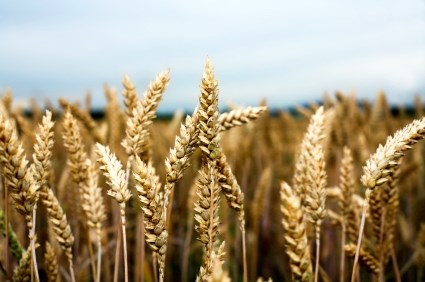The MD of Bonnyville is on the verge of declaring a state of agricultural disaster.
“We are in pretty poor shape in the area,” said Matt Janz, Director of Agricultural for the MD of Bonnyville. “We have received about a quarter of (the rain) we usually receive according to our drought maps.”
The local municipality joins seven other Alberta counties who are all considering declaring states of agricultural disaster, according to a provincial report.
Athabasca, Barrhead, Leduc, Northern Lights, Northern Sunrise, Thorhild and Westlock counties all have meetings scheduled to debate their next course of action.
Last week Parkland County west of Edmonton and McKenzie County located on the Alberta-Northwest Territories border both declared an agricultural disaster.
Janz recently sat down with Reeve Ed Rondeau to discuss how the current dry and hot conditions, which have plagued the region for the past few months, have affected local farmers.
“They are pretty abysmal for our area, but there are other areas worse than our region,” said Janz.
Locally the hay crops and pastureland has been hit the hardest, with the hay yield across the region about a quarter of what it has been in years past. Farmers who have been used to pulling in three to four bails of hay per acre are now struggling to get one bail per acre.
“I think there are a lot of farmers stressed out right now,” said Janz. “It's definitely worrying. The cereal farmers with the canola and wheat, if they don't get a lot of rain quickly those crops they have, which are okay at best, won't have enough moisture to fill out.”
Last week the municipality did receive some rain on Thursday and Friday. Janz says the rain might benefit the cereals in the region, but feels it is already too late to help the hay and pastureland for this season.
It was because of this rain in the forecast that Janz and Rondeau decided to put their decision on whether or not to declare a local disaster on hold.
The two, along with the rest of council, plan to meet sometime this week to reassess the local agricultural land where they are expected to make a decision.
“We would hate to declare it too early and look silly. If we get a whole bunch of rain people might think we are not so bad off,” said Janz.
The decision, according to Janz, will be based off what the farmers in the region and are experiencing. If locals are forced to start selling off their cattle in order to get money to feed the rest of their herd then the MD will be forced to act.
“I have grass, but it's brown,” said Gordon Graves, who owns a cattle farm out near Iron River.
“There have been rain showers that have gone through, but they have been insignificant and have done nothing.”
Declaring a state of agricultural disaster doesn't necessarily invoke government help, although the eight counties debating a disaster has put the provincial government on notice.
Janz hopes that it results in local farmers catching break, whether that is a relief fund or deferral on their taxes.
“We are going to sit down (this week) and reassess,” said Janz. “If things keep going the way they are we will probably declare a state of disaster.”
As of July 16 the government had yet to address the agricultural disaster plaguing a large part of the province.



